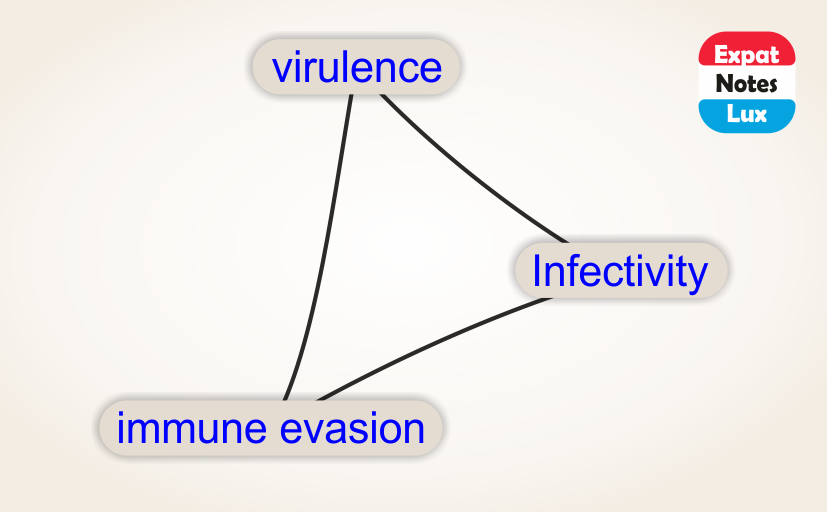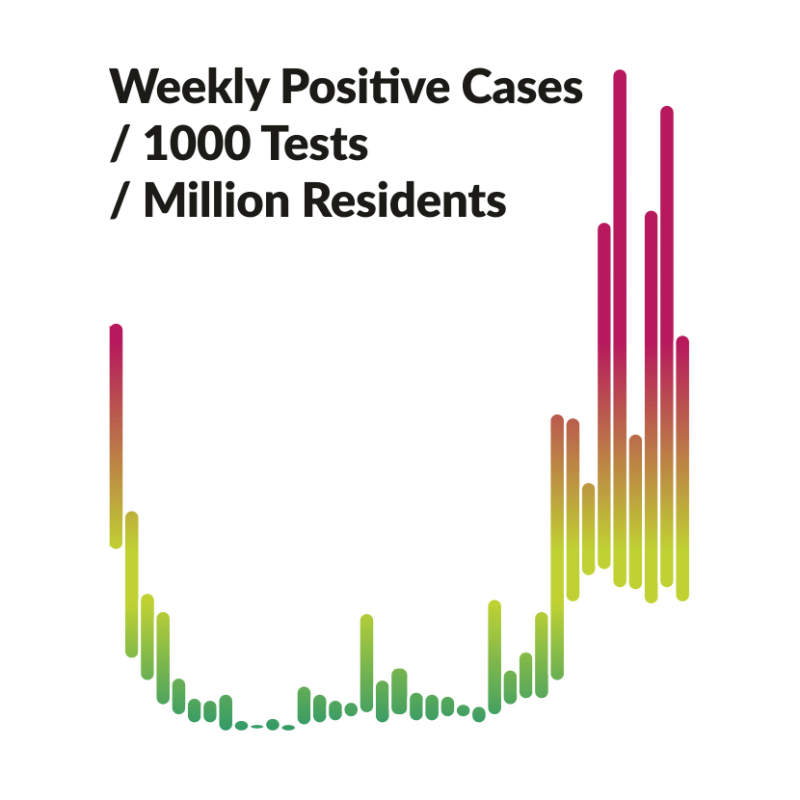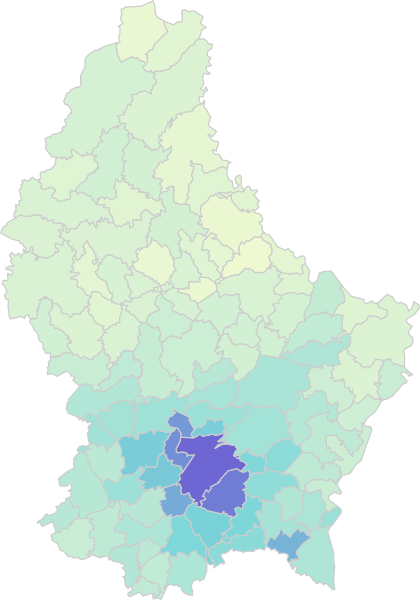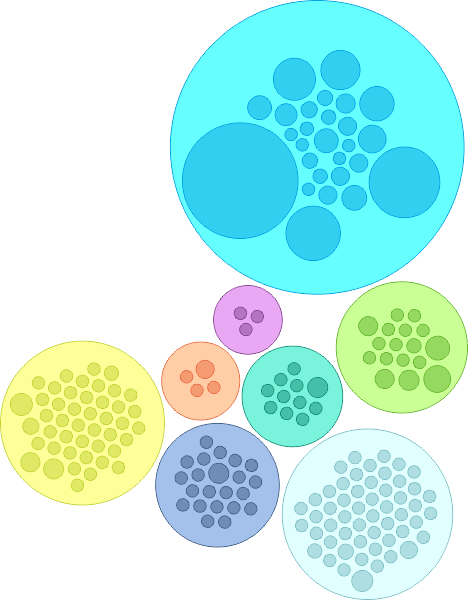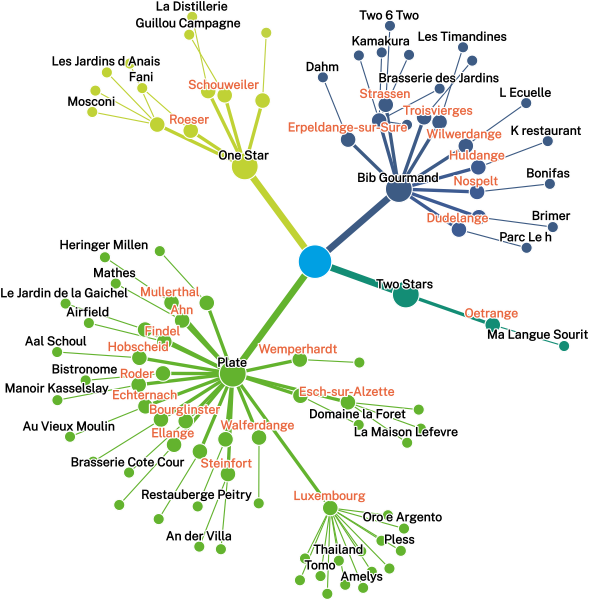first published : 18.06.2021
Are current vaccines effective against Delta VOC?
There are few studies on the vaccine effectiveness against the emerging varaints, like the Delta VOC (Varaint of Concern, B.1.617.2), mostly because these VOC were identified few months back and the vaccination is not wide-spread, and moreover, different countires have used different vaccine manufacturers and have reached different degree of vaccination in diffrent population subsets. Due to these limitations, please read text below with caution as most data are observational (due to limited data availability) and might have some changes over time.
Before we present the details from scientific research publications, following are the three most notable observations so far:
- Risk of hospitalization is nearly twice (1.85 times) in those with the Delta VOC than the Alpha VOC.
- Both AstraZeneca and Pfizer-BioNTech COVID-19 vaccines are less effective in reducing the risk of SARS-CoV-2 infection and hospitalisation in people with the Delta VOC compared to Alpha VOC.
- Between the two vaccines, the AstraZeneca vaccine appeared less effective than Pfizer-BioNTech vaccine in preventing SARS-CoV-2 infection in those with the Delta VOC (not enough data for hospitalization comparison)
First reports of vaccine effectiveness against the Delta VOC were reported by Public Health England (22 May 2021), citing a preprint from KHub, (published online, 24 May 2021, titled ‘Effectiveness of COVID-19 vaccines against the B.1.617.2 variant‘), also available on medRxiv preprint (PDF file, 179 kb). The Public Health England reported that in UK residents the Pfizer-BioNTech vaccine was 88% effective against Delta VOC 2 weeks after the second dose of vaccine, compared to 93% effectiveness against the Alpha VOC. In other words, Pfizer-BioNTech was marginally less efective against the Delta VOC compared to Alpha VOC.
It also reported similar observation for AstraZeneca COVID-19 vaccine, that is 60% effective against Delta VOC, compared to 66% effectiveness against the Alpha VOC.
Taken together, the above observationed are noted on the last two points of the summary on the top.
Next, an article using the vaccine induced antibodies for live-virus SARS-CoV-2 neutralisation assays was published in the leading biomedical journal the Lancet on 3 June 2021, titled ‘Neutralising antibody activity against SARS-CoV-2 VOCs B.1.617.2 and B.1.351 by BNT162b2 vaccination‘ (PDF file, 298 kb). The authors show that following two doses of Pfizer-BioNTech vaccination, the vaccine induced neautralizing antibodies were 2.6 times lower in case of the Alpha VOC cases and 5.8 folds lower in case of Delta VOC. This was summarized in the second point above.
Latest, a nation-wide data collected and analyzed from Scotland was published in the Lancet on 14 June 2021, titled ‘SARS-CoV-2 Delta VOC in Scotland: demographics, risk of hospital admission, and vaccine effectiveness‘ (PDF file, 58 kb). The authors analyzed 19,543 confirmed SARS-CoV-2 infections and 377 hospitalization across Scotland between 01.04.2021 and 06.06.2021 to show that S gene-positive cases (Alpha varaint representing the majority) were associated with an increased risk of COVID-19 related hospitalization, nearly 1.85 times in case of more compared to the S gene-negative cases (Delta variants representing the majority). This is mentioned in the first point in the summary above.
Very similar to the Public Health Engliand report, the above publication also noted Pfizer-BioNTech vaccine was 92% effective against the S gene-negative cases (Delta VOC being the majority) 2 weeks after the second dose of vaccine, compared to 79% effectiveness against the S gene-positive cases (Alpha varaint representing the majority).
However, in case of AstraZeneca COVID-19 vaccine, effectiveness against S gene-negative cases (Delta VOC being the majority) reduced to 73% compared to 66% against the S gene-positive cases (Alpha varaint representing the majority).
Again, both these points are summarized in the top of the article.
It is important to add that the vaccine induced anitbodies change over time and are different with age, gender and comorbidities, and play a significant role in infection as well as severe outcomes (like hospitalization) and therefoe cannot be generalied with certainty. Nevertheless, here the main message is that the Delta VOD is highly transmissible and poses have a higher risk for infection and hospitalization compard to wild-type and Alpha VOC. It is therefore highly recommended to keep caution and keep the social istance and other hygiene measures in place. Given that EU would be much more relaxed in terms of travel and other commercial activities from 1st July 2021 with the EU Digital COVID Certificates coming into force, it remains a challange in light of the emergence of Delta VOC, although the numbers remain low for the time-being.
On a positive note, a recent article published in Nature on 14 June 2021, titled ‘Naturally enhanced neutralizing breadth against SARS-CoV-2 one year after infection‘ (unedited manuscript accepted for publication, PDF file, 20 Mb), show that between 6 and 12 months after SARS-CoV-2 infection, the concentration of neutralizing antibodies remains unchanged (at about 10-20% of the maximum concentration observed). Also importantly, the immunity can be boosted in convalescent individuals by vaccinating them after a year, and the level of antibodies can be up to 50 times higher than vaccination. The summary of this article could be that SARS-CoV-2 infection induces long-term immunity in most individuals. A similar long-term post vaccination study might come later this year or early next year, with the possibility that the vaccine induced long-term immunity, although dimished, is possible.
